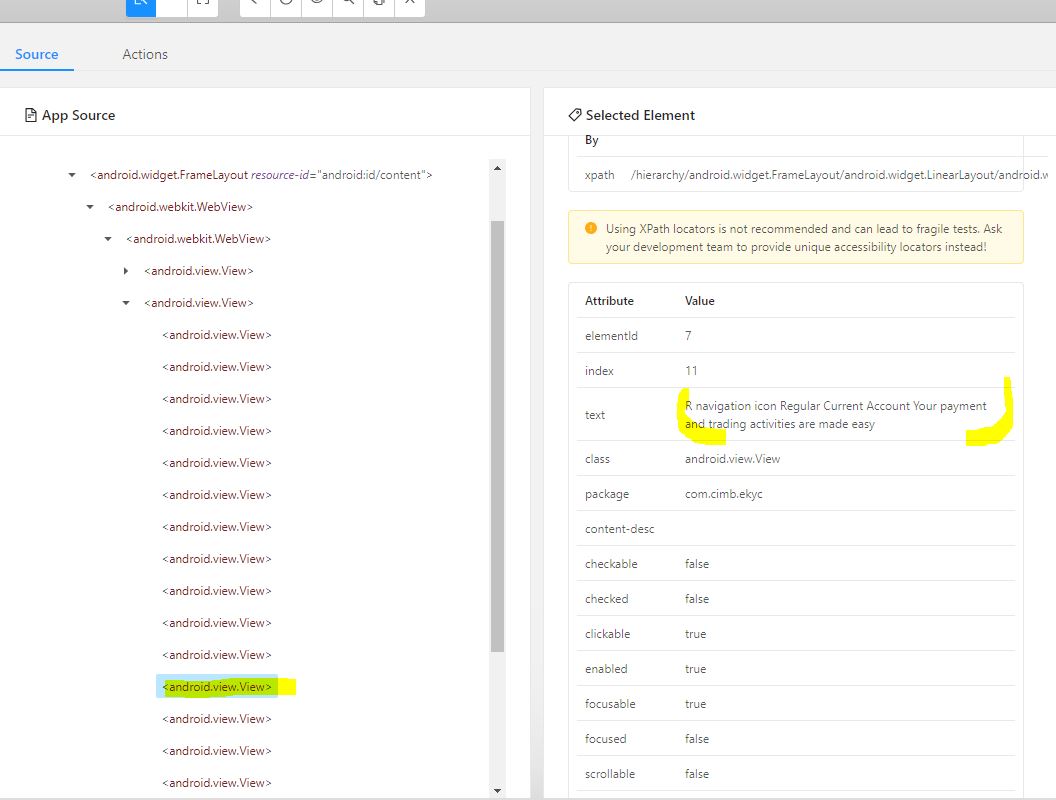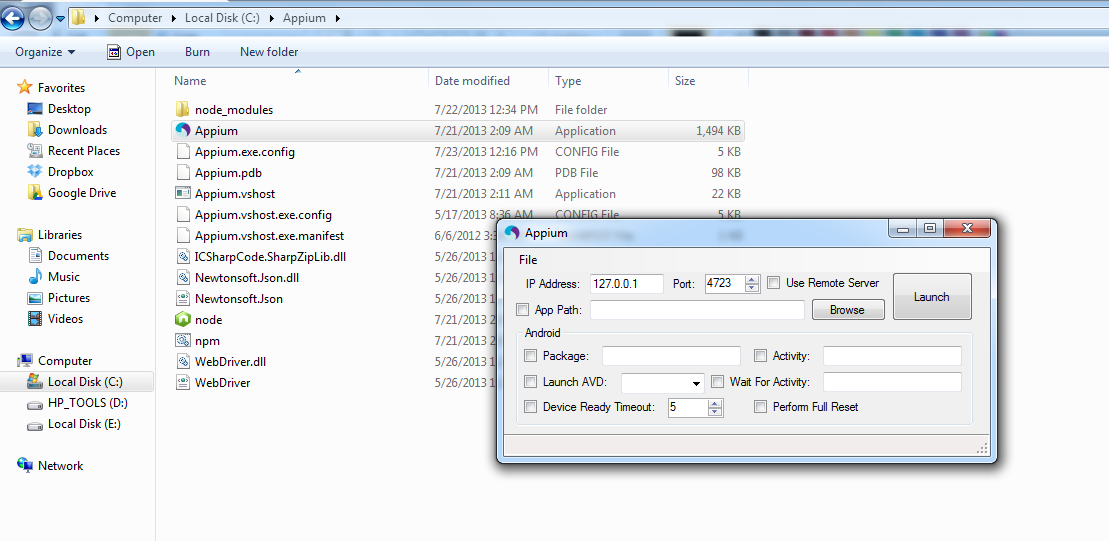

Make sure you follow theĭirections for setting up your environment properly for testing on different OSes: Appium supports Android on OS X, Linux and Windows.Android SDK API >= 17 (Additional features require 18/19).Ensure you read our documentation on setting yourself up for iOS testing!.Apple Developer Tools (iPhone simulator SDK, command line tools).Mac OS X 10.10 or higher, 10.11.1 recommended.You can see the list of clients and links to download instructions at the Appium clients list. The Appium clients are simple extensions to the WebDriver clients. You also need to download the Appium client for your language so you can write tests. Of the dependencies are set up correctly. Install it with npm install -g appium-doctor (or run itĪppium-doctor and supply the -ios or -android flags to verify that all To verify that all of Appium's dependencies are met you can useĪppium-doctor. Make sure you have not installed Node or Appium with sudo, If you want to run Appium via an npm install, hack with or contribute to Appium, you will needīrew install node to install Node.js. See below for particular platform requirements. Your environment needs to be setup for the particular mobile platforms that you If you're new to Appium, or want a fuller description of what this is all about, please read our Introduction to Appium Concepts.

Opens up the possibility of true cross-platform native mobile automation. Similarly, with Google's UiAutomator you can only write tests in Java. Using JavaScript and you can only run tests through the Instruments application. If you use Apple's UIAutomation library without Appium you can only write tests

Don't lock yourself into a proprietary stack. Investing in the WebDriver protocol means you are betting on a single, free and open protocol for testing that has become a defacto standard. With the Selenium WebDriver API and language-specific client libraries. JavaScript with Node.js (in promise, callback or generator flavors),


 0 kommentar(er)
0 kommentar(er)
